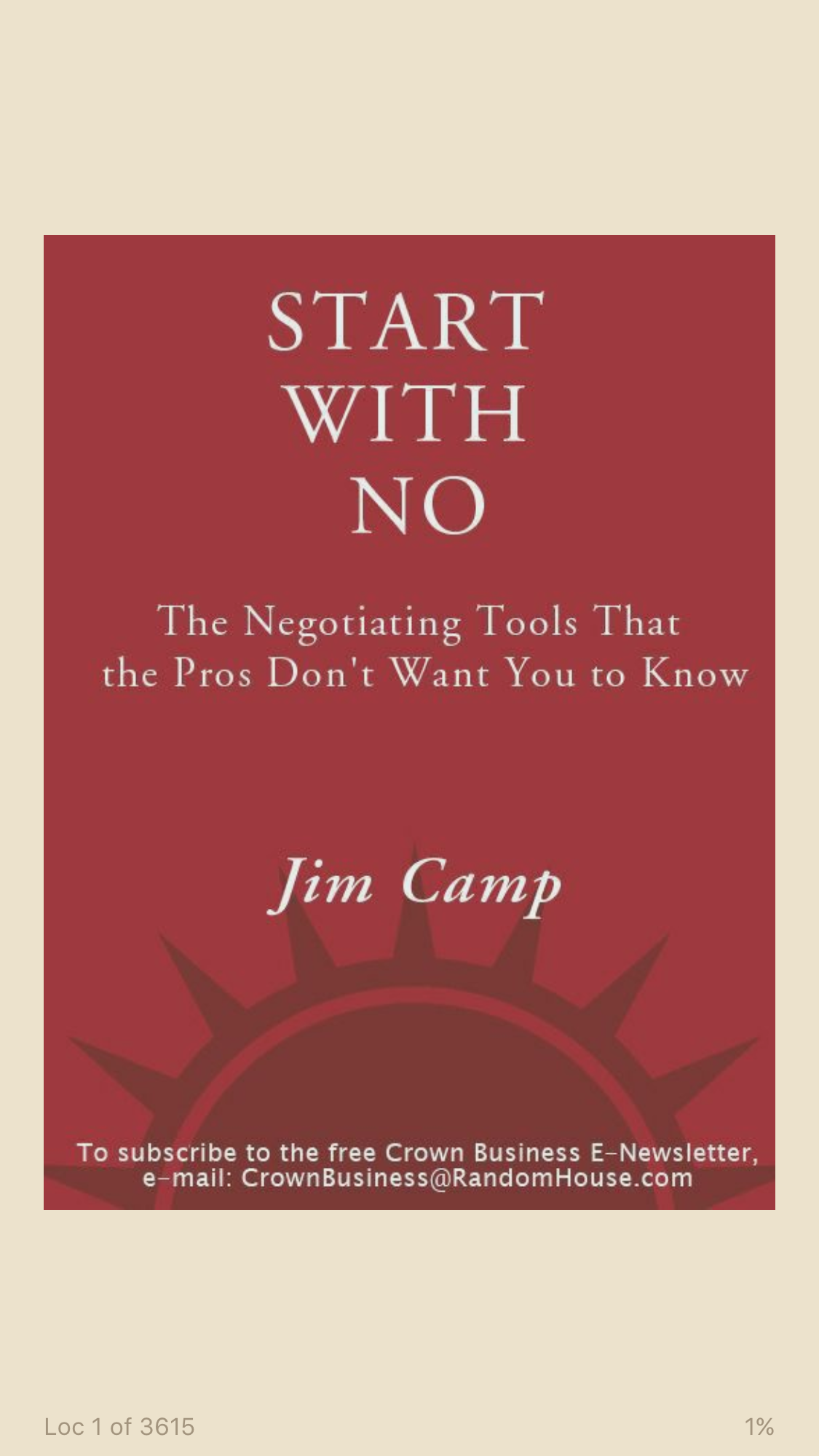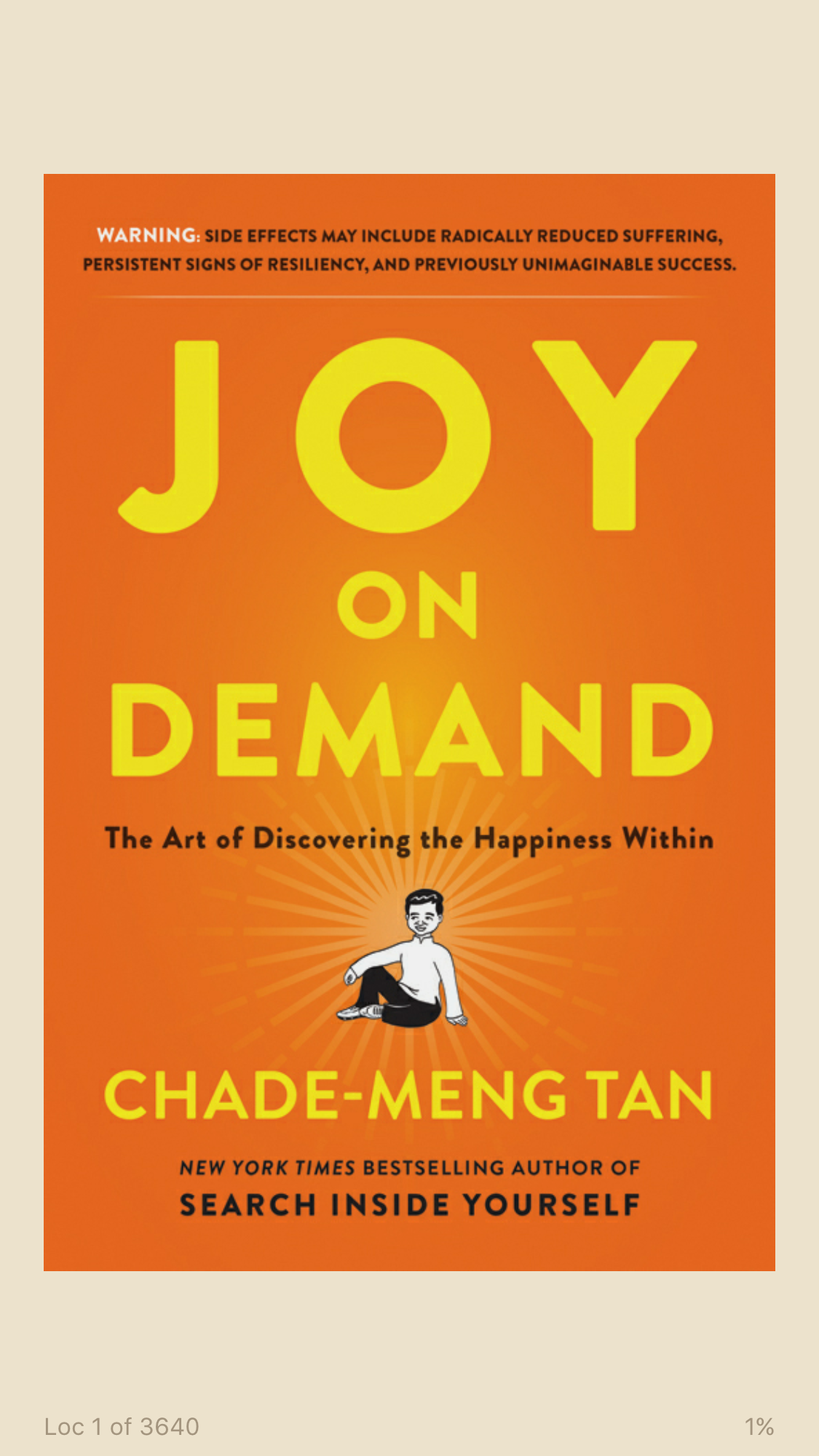
I was contemplating on the theme Opportunities and realized to be effective in capitalizing on the multitudes of opportunities life present, it was important to know what one’s True North is.
Giving it more thoughts, I realized the term True North felt somewhat abstract. This lead me to delve more deeply into my personal meaning of True North.
The first interpretation I came up with was a rather cookie cutter thought, something that you would find expounded in books sold in the self help section. Who I want to become ( … in some obscure distant future). I realize this is not very helpful. This view lead to a divide between the current me and an idealized me that seems somewhat removed from reality. This I see as the source of the conundrum experienced by most I know in this modern day and age. This approach is mainly revolved around the notion of an I somewhat separate and potentially in opposition from the rest of reality. An I constantly in fear of being exterminated.
Applying my recent learnings from Mindfulness, I realized a second interpretation focused on manifesting values that I feel strongly about in this present moment of my experienced reality seem to be more immediately feasible/actionable.This paradigm is mainly revolved around the notion of seeing this moment as a canvas for unlimited possibilities and great beauty – full of abundance. The static I no longer exist but becomes a fluid one that is constantly changing, one that has became while still constantly becoming. The future no longer exist, only the present does.
After some reflections, I conclude I for now value the beauty of mother nature, constant self-improvement, freedom, truth, love, compassion and friendship.
Cognizant of these values, the mind constantly seeks out opportunities to light up the current moment with these treasures of immense beauty and also at the same time becomes aware of them when they manifest.
In the evening walking out of the theatre I had a moment of epiphany, I am experiencing this here and now. One day, the physical I will pass over and I the experiencer will stop experiencing this reality and start experiencing another. Before that comes to pass, I should immerse myself in the experiencing of this current moment’s immense beauty.



